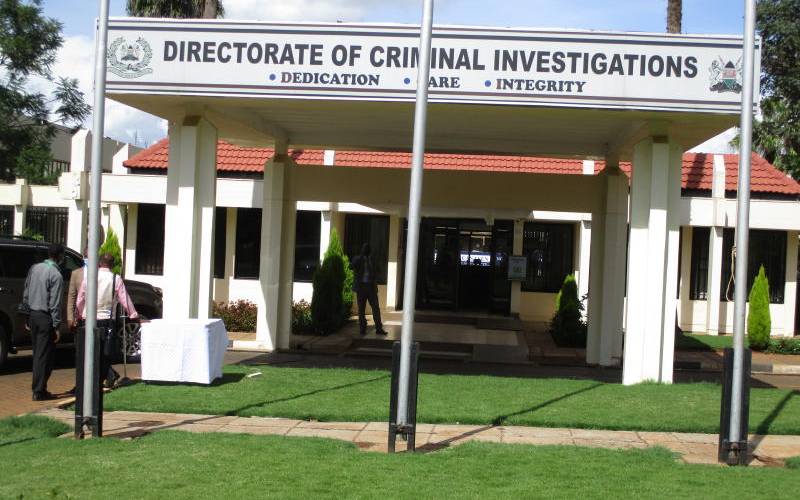
Directorate of Criminal Investigations headquarters.[Wilberforce Okwiri,Standard]
The negative reaction by the National Police Service to the Citizen TV’s #SilahaMtaani investigative documentary into criminal use of police guns, uniforms and handcuffs was highly regrettable. The incident has proliferated into a public relations disaster as Kenyans, elected representatives, media and human rights organisations are now raising free media concerns, days before World Press Freedom Day on May 3rd . How could this have been handled differently?